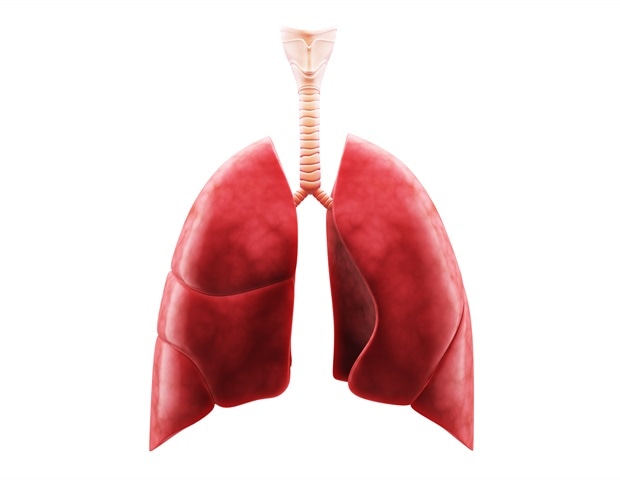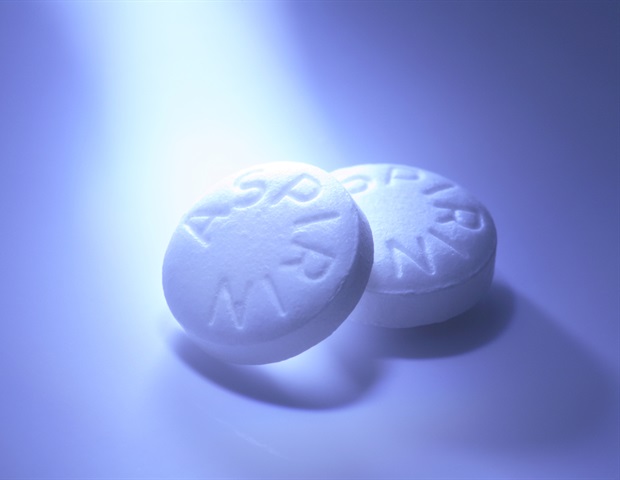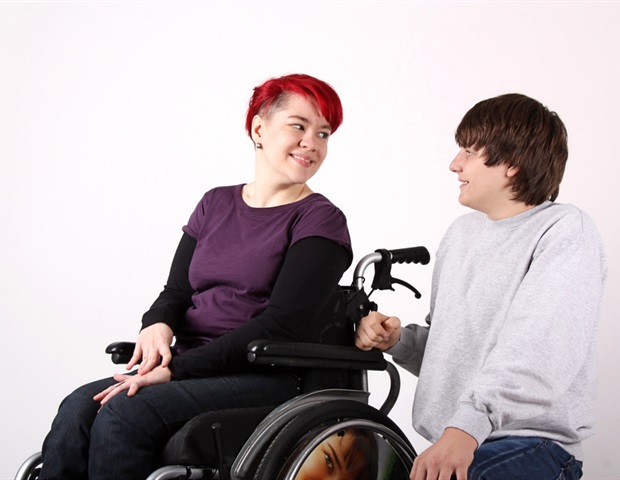FINDINGS
Women with COVID in pregnancy who are subsequently vaccinated after recovery, but prior to delivery, are more likely to pass antibodies on to the child than similarly infected but unvaccinated mothers are. Researchers who studied a mix of vaccinated and unvaccinated mothers found that 78% of their infants tested at birth had antibodies. Of these infants, 3 of 4 born to unvaccinated mothers had evidence of antibodies while all of those from vaccinated mothers carried COVID antibodies. At 6 months, 52% of the babies, from both vaccinated and unvaccinated mothers, carried antibodies. The decrease in that percentage is due to a combination of infants of vaccinated mothers carrying more antibodies than those from unvaccinated mothers at birth, a waning of detectable antibodies over time, and some participants leaving the trial prior to the 6-month point. over time. Some infants born to unvaccinated mothers had no detectable antibodies at birth.
BACKGROUND
There are currently no approved COVID vaccines for newborns under the age of 6 months. Transplacental transfer of antibodies to the infant from the mother during pregnancy may provide protection against COVID during the first 6 months of life. Also, little is known about the impact of mothers’ COVID severity, timing of infection and subsequent vaccination on both maternal and infant antibodies over time.
METHOD
In a longitudinal study, researchers collected blood samples from pregnant women and infants at the time closest to infection, birth, and 6 months postpartum: samples were collected from 148 women and 122 newborns at birth, and another 45 maternal and 48 infant samples were taken at 6 months. Some participants dropped out of the trial during the intervening time, and some mothers gave birth to twins or triplets, accounting for the differences in numbers tested.
This is one of the largest longitudinal studies of mothers and infants with a history of COVID infection during the mother’s pregnancy. However, the researchers note some limitations to the study. Due to the study’s design, associations may not imply causation, they did not have vaccinated controls without a history of COVID infection for comparison, and they had a high attrition rate in study subjects by the 6-month point.
IMPACT
In this analysis, the mother’s vaccination status was the strongest predictor of antibody transfer to the infants, who were more likely to have detectable antibodies at birth. This may be an effective strategy to boost COVID antibodies not just in mothers, but in infants before they are eligible for the vaccine at 6 months of age.
COMMENT
“Several studies have demonstrated that mothers with a history of COVID during pregnancy may pass antibodies to their babies at delivery,” said lead author Dr. Mary Cambou, clinical instructor in the UCLA Division of Infectious Diseases. “However, our study was able to examine several factors, including timing, the severity of COVID disease, and subsequent vaccination, on both maternal and infant levels at birth and at 6 months. Vaccination following infection and prior to delivery was the strongest predictor of infant antibodies at birth. Notably, infant levels dropped significantly by 6 months, emphasizing the importance of starting the COVID vaccine series as early as 6 months.”
AUTHORS
Other study authors are Christine Liu, Dr. Thalia Mok, Dr. Viviana Fajardo-Martinez, Sophia Paiola, Francisco Ibarrondo, Tara Kerin, Trevon Fuller, Dr. Nicole Tobin, Gustavo Garcia, Dr. Debika Bhattacharya, Dr. Grace Aldrovandi, Vaithilingaraja Arumugaswami, Dr. Otto Yang, Dr. Rashmi Rao, and Dr. Karin Nielsen-Saines of UCLA; Suan-Sin Foo and Jae Jung of Cleveland Clinic; Zilton Vasconcelos and Patricia Brasil of Fundação Oswaldo Cruz in Rio de Janeiro, Brazil; and Michelle Brendolin of Maternidade do Hospital Estadual Adão Pereira Nunes, Caxias in Brazil. Fuller also has an appointment at Fundação Oswaldo Cruz.
JOURNAL
The study is published in the peer-reviewed Journal of Infectious Diseases.
FUNDING
The study was funded by the National Institutes of Health (T32MH080634, AI129534, AI140718, AI140705, AI140705S1, AI152190, 1R01EY032149-01, 5R01AI163216-02, and 1R01DK132735-01); the Simons Foundation Autism Research Initiative (SFARI) (866410); and the UCLA W.M. Keck Foundation COVID19 Research Award Program.
Source:
University of California, Los Angeles (UCLA), Health Sciences
Journal reference:
Cambou, M.C., et al. (2022) Longitudinal Evaluation of Antibody Persistence in Mother-Infant Dyads Following SARS-CoV-2 Infection in Pregnancy. The Journal of Infectious Diseases. doi.org/10.1093/infdis/jiac366.













